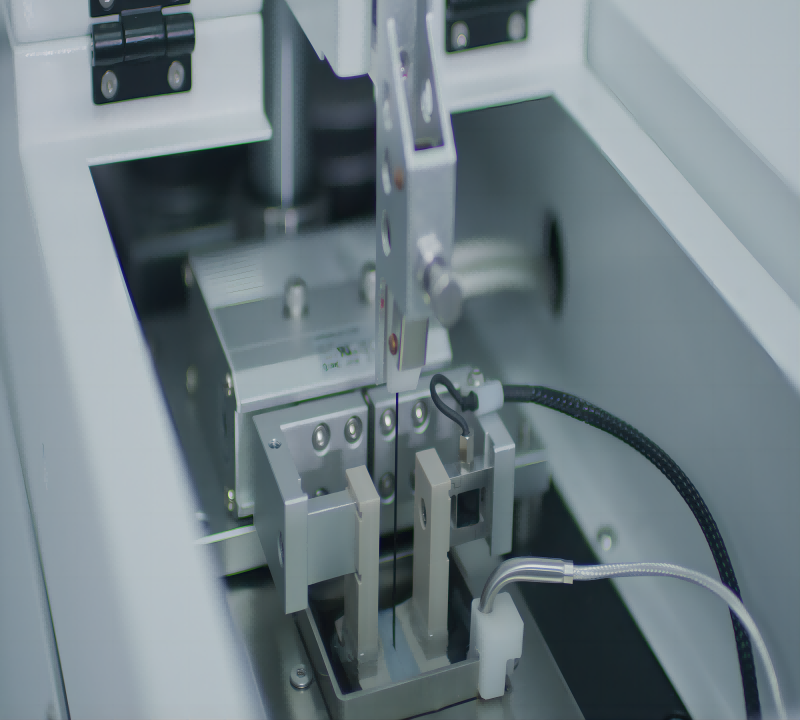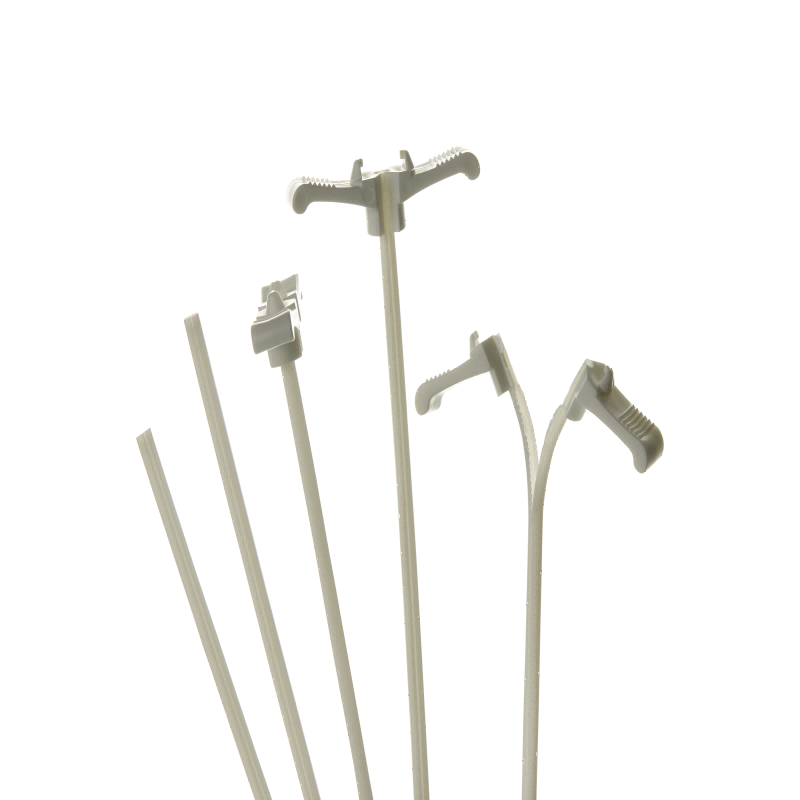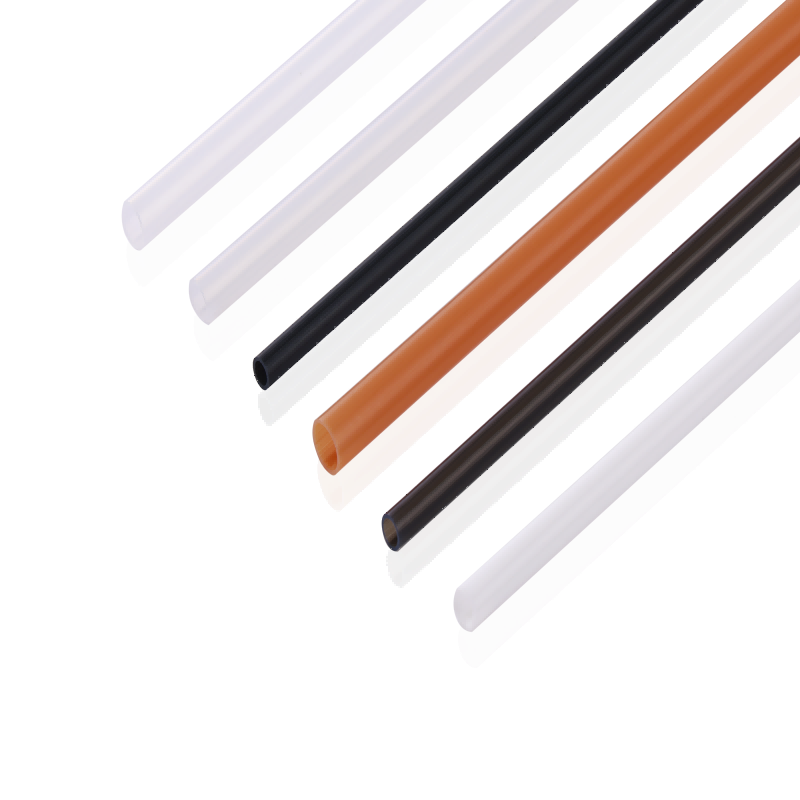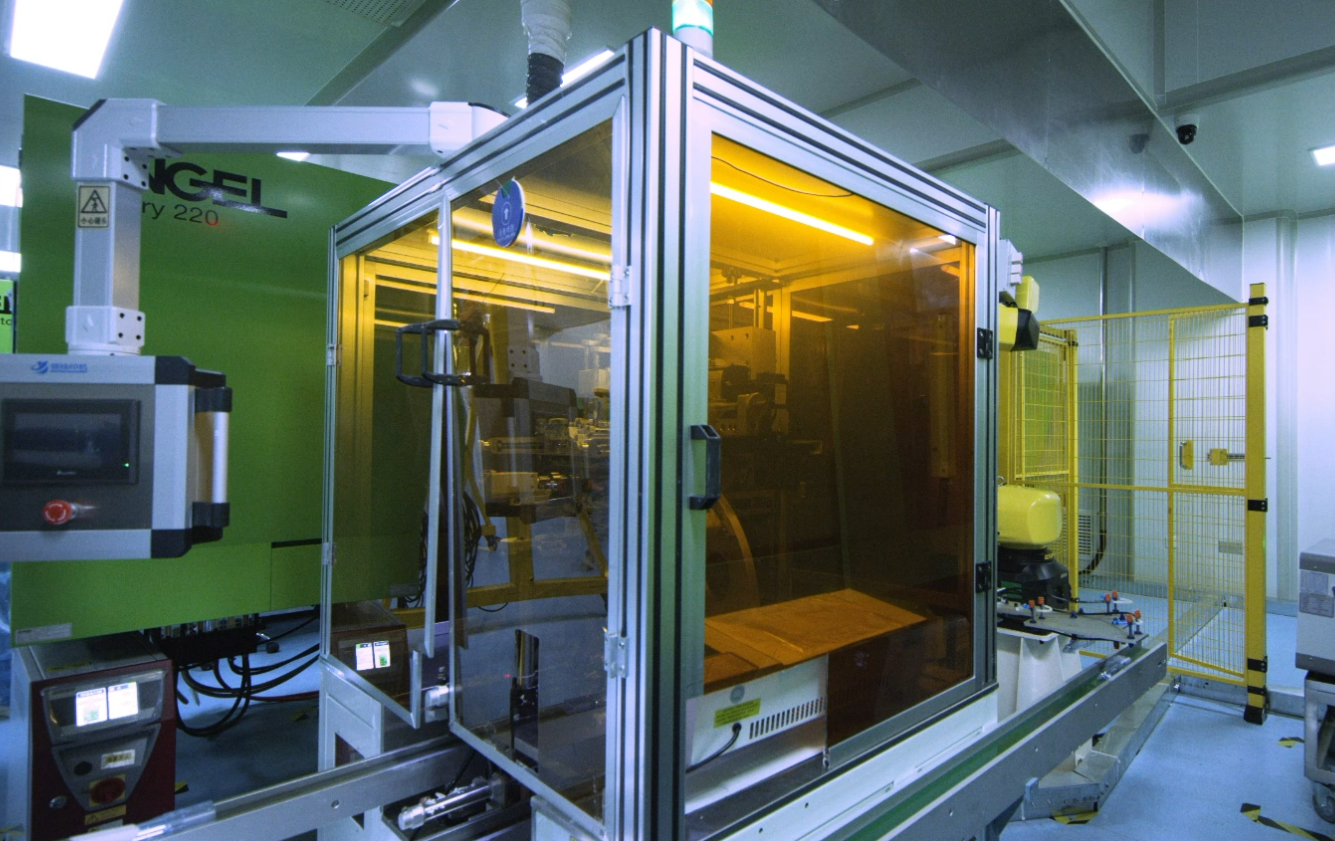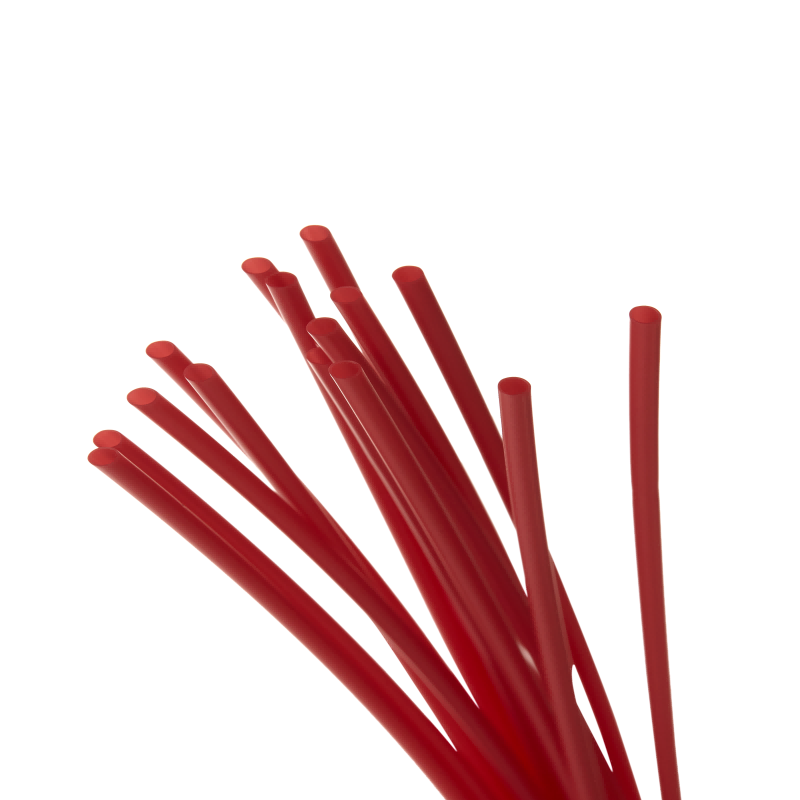Coating
Precision Medical Tubing Services Coating from Demax involves the application of specialized coatings onto medical-grade tubing substrates to enhance their performance and functionality. These coatings may include hydrophilic coatings, hydrophobic coatings, antimicrobial coatings, drug-eluting coatings, and more, depending on the specific requirements of the medical device and application. The coating materials are carefully selected for their biocompatibility, adhesion properties, and compatibility with the substrate material to ensure optimal performance and safety. Each coating is applied using precise coating techniques to achieve uniform coverage and consistent thickness, resulting in medical tubing with enhanced lubricity, biocompatibility, and other desirable properties.
- Coating Options: Demax offers a wide range of coating options for precision medical tubing, including hydrophilic coatings, hydrophobic coatings, antimicrobial coatings, drug-eluting coatings, and more. These coatings are applied using advanced coating techniques to ensure uniform coverage and consistent performance.
- Coating Thickness: The thickness of the coating can be customized according to specific requirements and application needs. Demax ensures precise control over coating thickness to achieve the desired level of functionality and performance.
- Material Compatibility: Our precision coating services are compatible with a variety of medical-grade materials commonly used in medical tubing manufacturing, including polyethylene (PE), polyurethane (PU), polyvinyl chloride (PVC), silicone, and more. We carefully select coatings that are compatible with the substrate material to ensure optimal adhesion and performance.
- Biocompatibility: All coatings used in Demax precision medical tubing services are biocompatible and meet relevant regulatory standards and guidelines, ensuring the safety and compatibility of the coated tubing with the human body.
- Catheters: Coated medical tubing is commonly used in catheter assemblies for improved lubricity, trackability, and biocompatibility, enhancing patient comfort and procedural success.
- Stent Delivery Systems: Coatings applied to medical tubing used in stent delivery systems can facilitate smooth delivery and deployment of stents within blood vessels, reducing friction and potential damage to the vessel walls.
- Guidewires: Coated medical tubing is utilized in guidewire assemblies to enhance flexibility, maneuverability, and steerability during vascular interventions and procedures.
- Endoscopic Devices: Precision coating services are employed in medical tubing used in endoscopic devices for improved visualization, lubrication, and ease of navigation within the body’s natural cavities.
- Implantable Devices: Coatings applied to medical tubing used in implantable devices can improve biocompatibility, reduce friction, and prevent tissue adhesion, enhancing the long-term performance and functionality of the implants.
Related products
Peelable Tube
The Demax Peelable Tube is an innovative medical device designed to provide easy and controlled access to catheters and guidewires during medical procedures. Crafted with precision and utilizing advanced materials, this peelable tube offers exceptional performance and reliability, making it an indispensable tool for medical professionals in various clinical settings.
PTFE Liner
PTFE (polytetrafluoroethylene) is a synthetic fluoropolymer that is used as a liner in catheters due to its unique properties. PTFE has a very low coefficient of friction and is a highly durable material with excellent tensile strength. Catheter liners made of PTFE can withstand the stresses of use in medical devices and resist breaking or tearing.
PTFE is used as a liner in catheters because it provides a smooth, low-friction surface that helps reduce the risk of infection and tissue damage. They are also biocompatible so that most people won’t experience an allergic reaction or any negative response.
Flaring
Precision Medical Tubing Services Flaring involves the precise modification of medical-grade tubing materials to create flares and expansions. The composition of the tubing used in this process varies depending on the specific requirements of the medical device and the application. Typically, medical tubing is made from biocompatible polymers such as polyethylene (PE), polyurethane (PU), polyvinyl chloride (PVC), silicone, or thermoplastic elastomers (TPE). These materials are selected for their flexibility, durability, and compatibility with bodily fluids and tissues.
PE Tube
The PE Tube is meticulously crafted from high-quality polyethylene, a thermoplastic polymer renowned for its exceptional chemical resistance, flexibility, and biocompatibility.
The PE Tube, or Polyethylene Tube, represents a vital component in the realm of medical devices, serving as a conduit for the passage of fluids or gases within the body during various clinical procedures. Crafted from polyethylene, a resilient and biocompatible material, the PE Tube is engineered to meet the rigorous demands of medical interventions while ensuring patient safety and procedural efficacy.
